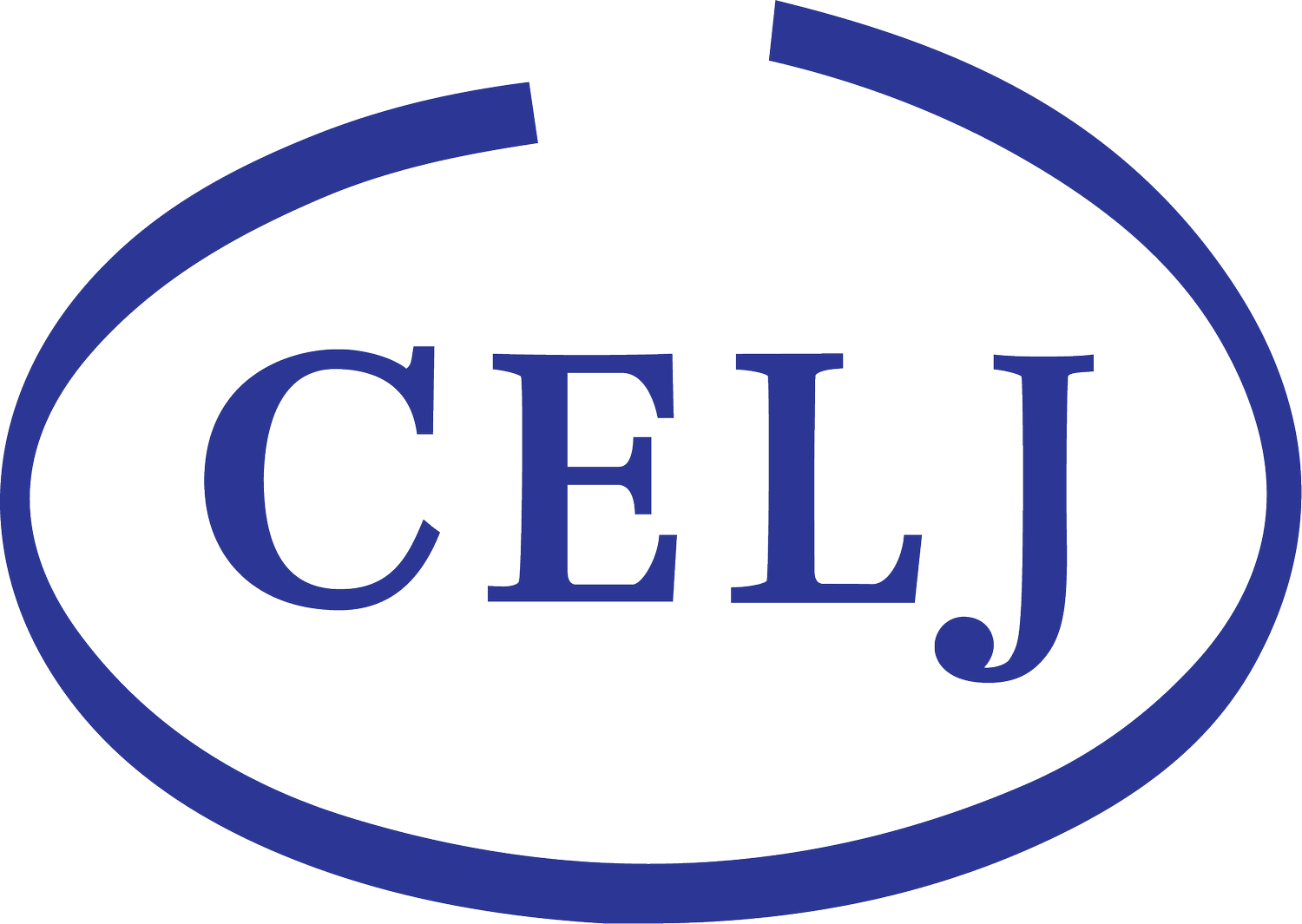CELJ Elections
The Council of Editors of Learned Journals is run by volunteers for scholarly journal editors, most of whom are also volunteers. We exist to help journal editors with their scholarly publishing passion projects, by sharing knowledge about how and why scholarly journals are published. We distribute this knowledge through members-only listservs, conference sessions, and mentoring events. This page directs members to vote for board members on a rotating basis, as outlined in CELJ’s by-laws.
Mentoring Coordinator Description
(2024 Elections)
The Mentoring Coordinator is a volunteer position and voting member of the CELJ Executive Board and serves a 3-year term. This person must be a CELJ member to stand for election and for the duration of their service to the board. Responsibilities include:
Organizing and chairing “How to Get Published in a Scholarly Journal”
Coordinating the in-person and virtual Chat with a Editor sessions
Developing mentoring events for editors.
Attending monthly CELJ Board meetings.
Attending the annual MLA convention in person.
This position requires the most labor from October–January, annually, with approximately 5–7 hours per month of logistical work. These tasks are done with support from the CELJ Board, including the Executive Director, who assists with logistics of MLA sessions and technology support, as needed.
Mentoring Coordinator Nominees
-
Christina Cedillo
As the co-founder and lead editor of the Journal of Multimodal Rhetorics, I have repeatedly participated in CELJ's MLA panels on how to get published. My main goal as an editor is to mentor those who do not have reliable access to support and who need assistance with navigating the publishing process and even how to compose publishable manuscripts. This has been the basis of my MLA presentations because as an editor, teacher, and scholar, I believe that all voices are valuable in learning about our disciplines and the world at large. Unfortunately, all authors do not receive the same level of help necessary to guarantee their writerly success; this is especially true for members of marginalized communities.
I would appreciate serving as mentoring coordinator in order to work with others to organize crucial editorial and mentorship programming that benefits authors at all professional levels. Beyond serving as lead editor for Multimodal Rhetorics, I have collaboratively guest edited a series of colloquia and special issues on race, culture, and mentoring in some of my field's major journals, so I am familiar with these issues as they manifest in publishing. I also have extensive experience working productively with others, as well as in planning chats and webinars. Furthermore, I am able to regularly travel to the conference, and I am familiar with the specifics of the MLA panel planning process since I serve on discipline-related committees within the organization and we present two panels at each conference. Thank you.
-
Sarah Chinn
I think it's really important to share the expertise we have editing journals -- dealing with peer review, working collaboratively with authors, providing guidance for emerging scholars -- with both newly appointed editors and with authors who need help around how and what kind of essays to submit. I would like to be able to coordinate mentoring relationships and create channels of communication about a process that usually seems opaque to most scholars.
-
Amy Huseby
As Executive Editor of SEL Studies in English Literature, 1500-1900, a leading journal of historical and critical literary studies published quarterly for Rice University by Johns Hopkins University Press, I am committed to supporting graduate students, early-career academics, and new editors as they navigate the publishing landscape. SEL publishes pioneering research across four centuries of British literature—English Renaissance, Tudor and Stuart Drama, Restoration and Eighteenth Century, and Nineteenth Century—and prioritizes contributions from historically-excluded perspectives. My editorial experience also includes serving as Editor of Victoriographies (Edinburgh University Press), where I worked extensively with scholars at various career stages, refining submissions and ensuring rigorous, accessible scholarship.
In addition to my editorial leadership, my co-editing of major collections, including Defining Pre-Raphaelite Poetics and the forthcoming Cambridge History of Victorian Women’s Writing, has prepared me to coordinate collaborative projects and build inclusive mentoring programs. I am especially enthusiastic about organizing the “How to Get Published in a Scholarly Journal” session and coordinating “Chat with an Editor” events, which provide vital resources and connections for emerging scholars. My goal is to create supportive, inclusive pathways for mentees. I look forward to expanding CELJ’s mentoring initiatives and championing diverse voices within our field.
-
Justin A. Joyce
My name is Justin A. Joyce and I am affiliated with Washington University in St. Louis. I am one of the founding co-editors of James Baldwin Review, an open access journal dedicated to the life, works, and legacies of James Baldwin. In addition to our open access site, we publish a softcover print copy on demand each year. You can learn more about the journal and access all our volumes here: https://www.manchesterhive.com/view/journals/jbr/jbr-overview.xml
I bring to the Mentoring Coordinator role knowledge of both open access and Print-on-Demand platforms, as well as more than a decade of editing, peer review, and coordination work in an international partnership with Manchester University Press. I.e., I’m good with hybrid work, odd hours, and different personalities. I’m also no slouch with technology and am quickly becoming a google forms guru with Cheryl Ball’s assistance. Gratefully, I’m editor of a well-funded journal and would have no issues traveling to MLA each year and financially supporting mentoring initiatives.
I would like to serve CELJ as the Mentoring Coordinator to be more involved with the organization. What’s more, I hope to use the position to both broaden the Council’s outreach to junior scholars and expand our membership.
Vote Here!
Use your current CELJ login to access voting.
If the “Choose Now” button is visible, you’re already logged in.
